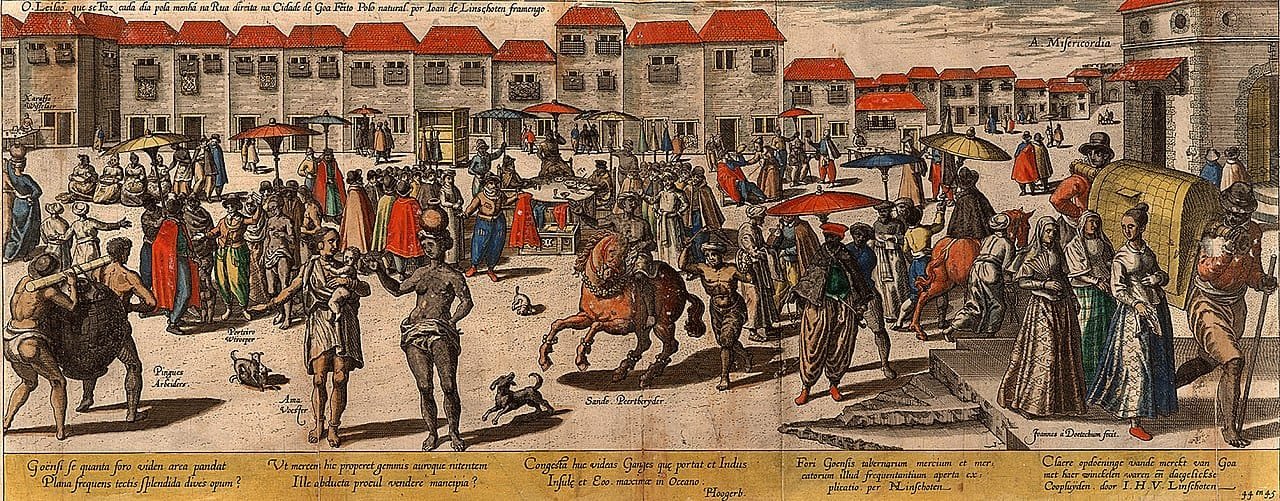Estado Português da India
Portuguese India – Nativos (1871-72)
1871-1872
The inefficiency of the Postal services of Portuguese India, as well as the constant complaints about it, drew the attention of the Lisbon Government, and as a result, King Louis I proclaimed a Legal Charter, dated August 1869, that decreed that the postal services and public stamps belonging to the State of India would be withdrawn.
Januario Correia de Almeida arrived in Goa in May of 1870, carrying detailed instructions from Lisbon and a definite will to reform the postal system in Portuguese India. A Commission was set up to draft a new Postal regulation that would replace the older ones and set up a precedent for postal services in Goa and other Portuguese territories.
In only four months, the Postal Service in Portuguese India saw great efficiency improvements, a sharp contrast to the system that preceded it. The Press of New Goa was asked to print stamps, designed by Engineer Assa Castel Branco and plated by Goindoso from the former Municipal guards. Thus came what was known as the Nativo or Native Stamps of Portuguese India.
The first issues were printed in an upright rectangular frame, with small arabesques in the corners, inside which, in white on a coloured background, were inscribed the words SERVIÇO POSTAL on the top and INDIA POST at the bottom. These words were separated by two designs made up of four small lines forming a cross. The inside of the oval had 33 vertical lines that did not touch the edge of the oval, thus forming a white border inside. The stamps were issued in denominations of 10 réis (black), 20 réis (dark carmine), 40 réis (blue), 100 réis (green) and 200 réis (ochre).
Nativos – Servico Postal
First Issue. Mundifil Type I, Numerals
Definitive, Unwatermarked, Lithographed, Thin Transparent Brittle Paper, Perforation 13 and 14 Compound.
“S” and “R” of “SERVICO” are smaller, and “E” is larger than the other letters. “REIS” is in Antiqua font with serifs. Ground with 33 lines. Lateral ornaments consist of 4 lines joined together to form a cross.
1871
Mundfil Type I, Numerals
Definitive, Unwatermarked, Lithographed, Thick Paper, Perforation 13 and 14 Compound.
“S” and “R” of “SERVICO” are smaller, and “E” is larger than the other letters. “REIS” is in Antiqua font with serifs. Ground with 33 lines. Lateral ornaments consist of 4 lines joined together to form a cross.
1871
Mundifil Type II, Numerals
Definitive, Unwatermarked, Lithographed, Thick Soft Wove Paper, Perforation 12½ to 14½ Compound.
All letters of the word “SERVICO” are of the same size. “REIS” is in grotest font without serifs. Ground with 44 lines. Lateral ornaments consist of 5 points.
1871
Nativos – Servico Postal
Second Issue. Mundifil Type II, Numerals
Definitive, Unwatermarked, Lithographed, White Laid Paper, Perforation Various.
All letters of the word “SERVICO” are of the same size. “REIS” is in grotest font without serifs. Ground with 44 lines. Lateral ornaments consist of 5 points.
1872
All stamp images and content © PhilatelyLife


